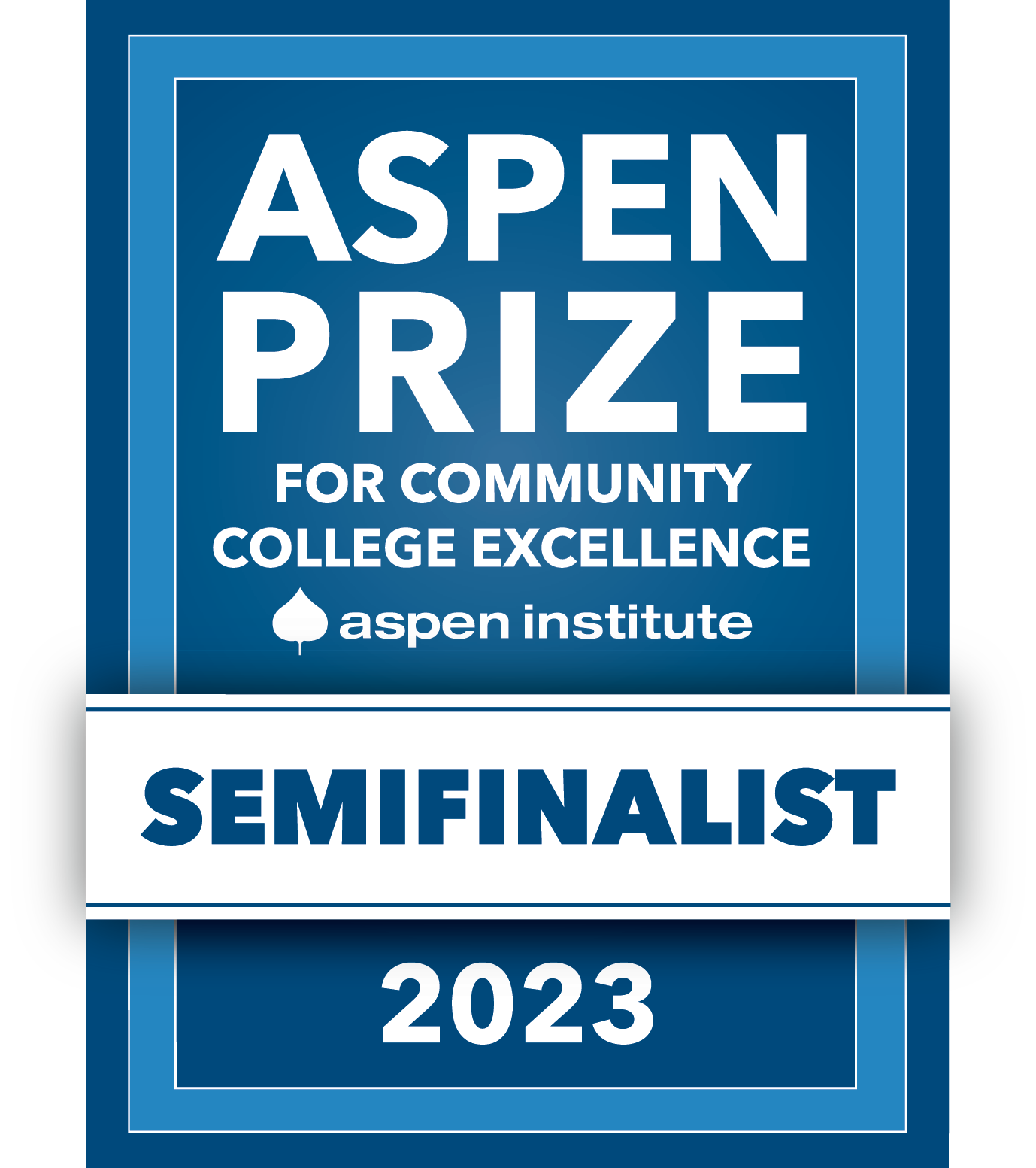- Welcome
- Campus Maps
- History
- Mission Statement
- Accreditation
- Administration
- Employment
- Human Resources Employment Process FAQ
- Position Vacancies
- Salary Schedule (PDF)
- Employee Benefits
- Paid Holidays
- Employee Handbook (PDF)
- Faculty Handbook (PDF)
- BENCOR Special Pay Plan (PDF)
- Social Security Collection and Usage
- Affordable Care Act Notice (PDF)
- Social Security Disclosure Summary (PDF)
- Tobacco-Free College
- Drug-Free Workplace & Campuses
- Technology Usage Acknowledgement (PDF)
- Employee Safety Manual (PDF)
- SFSC’s Annual Security and Fire Safety Report (PDF)
- Calendars
- News
- Social Media
- Honoring Our Retirees
- Celebrating Our Trustees
AVON PARK, Fla. – July 27, 2016 – South Florida State College now boasts having the only nationally accredited bachelor’s degree nursing program in its service district of DeSoto, Hardee, and Highlands counties.
On July 25, SFSC received word that its Bachelor of Science Degree in Nursing (BSN) program earned initial accreditation from the Accreditation Commission for Education in Nursing (ACEN).
News of the accreditation came to Dr. Michele Heston, director of Nursing Education, in a call from ACEN chief executive officer Marsal P. Stoll, congratulating SFSC on its achievement.
“The entire nursing department faculty and staff are extremely grateful for the collaborative work of the college and the region’s health care community,” Dr. Heston said.
SFSC launched its BSN program in 2014 in response to a call by the nursing profession for colleges to graduate more baccalaureate-level nurses. The health care system has increasingly demanded nurses with higher educational achievement.
SFSC graduated its first class of BSN students in May. The inaugural class comprised 27 registered nurses who had already earned an associate degree in nursing. They completed a program of study designed to permit them to continue working while studying.
“To achieve accreditation from nationally recognized standard-setting bodies has been the goal of SFSC health science programs,” said Rebecca Sroda, dean of Health Sciences. “This achievement nearly rounds out the accreditation of SFSC’s several health sciences programs.”
ACEN is one of only two accrediting bodies in the country that are recognized by the U.S. Department of Education. The other is the Commission on Collegiate Nursing Education.
A site evaluation team of peer experts from ACEN visited the SFSC Highlands Campus in January to review the BSN program. The visit came after an intense period of self-preparation by SFSC’s Nursing Education faculty that began in 2013.
To attain accreditation, nursing programs must demonstrate that they meet ACEN’s exacting standards of quality, a process that includes years of preparation and concludes with an on-site review.
“Many employers will only hire graduates of accredited schools,” Dr. Heston said. “For example the U.S. military, the entire Veterans Administration system, and many major academic medical centers will not consider nurses for employment unless they graduated from an accredited college.”
Dr Heston noted the majority of the May graduates plan to continue on to earn advanced degrees. Graduating from an accredited program is a requirement for applying to most graduate programs in Florida and beyond, she added.
“All SFSC BSN students who graduated during our candidacy period are considered to be covered under the accreditation,” Dr. Heston said. “That will come as good news to the nurses who graduated in our inaugural class in May.”
In a nod to the quality of SFSC’s BSN program, the site visitors observed in their final report “a remarkable amount of enthusiasm, collaboration, cooperation, and shared vision” among SFSC’s trustees, college leadership, nursing faculty, and alumni with the diverse community of health care providers.
Dr. Heston noted that while site teams strive to ensure a measure of detached analysis in their reports, this team singled out SFSC for its innovative approach to shaping its BSN program to meet not only the needs of its nurse students but the needs of the residents they serve, with the college’s particular emphasis on caring for the region’s outsize population of older residents.
ACEN accreditation also opens up avenues for SFSC to apply for grants that might be used to fund resources, such as equipment for teaching labs. “When applying for a grant, most funders want to know if your nursing program is nationally accredited,” Dr. Heston said. “If not, they may not be considered for the grant.”
SFSC started a traditional Associate Degree in Nursing (ADN) program leading to licensure as a registered nurse (RN) in 1993. SFSC has had long-standing occupational certificate practical nursing program that students can complete in one year. SFSC also offers one-year transition licensed practical nurse to registered nurse program.
In addition to its nursing programs, SFSC offers health science programs of study in dental hygiene, dental assisting, radiography, paramedic, and emergency medical technician. Short-term programs offered through the Division of Health Sciences are Home Health Aide and Phlebotomy.
Dr. Heston noted SFSC is still accepting applications for the fall academic term that begins on Aug. 23. BSN classes will meet only on Tuesdays, with the balance of the coursework completed online.
Applicants must have an associate degree in nursing or its equivalent with a 2.0 grade point average from an institution that is regionally and nationally accredited, hold a current unencumbered Florida RN license, and maintain current certification in Basic Life Support or higher.
For more information about these programs, call the SFSC Advising and Counseling Center at 863-784-7131 or visit the Academics page: www.southflorida.edu.




